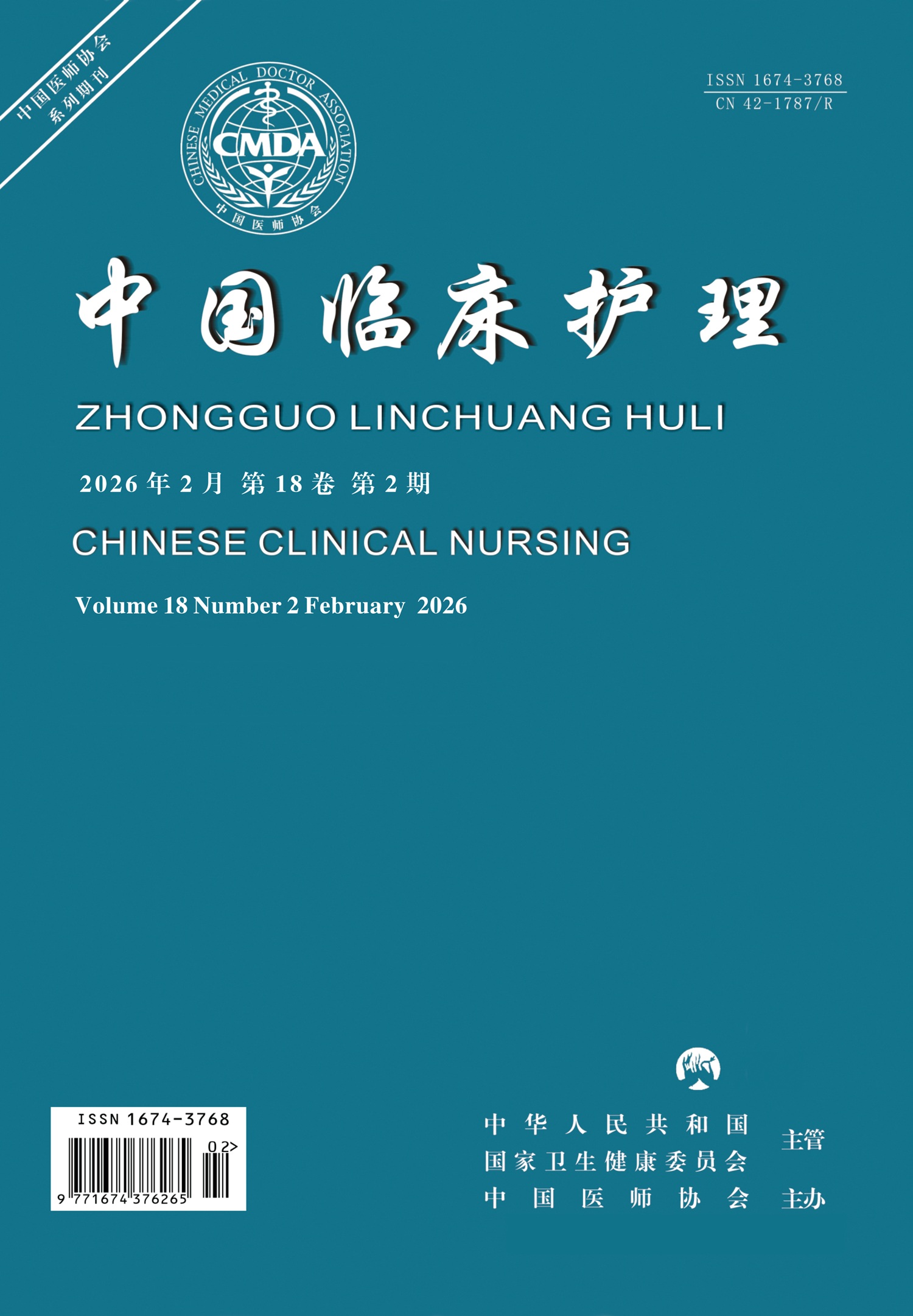Investigative Journalism
PENG Yaohang, OUYANG Shiqi, WU Xueting, XU Zhenhua, YE Qin
Objective To explore the current status of emotional suppression in postoperative patients with laryngeal cancer and analyze its influencing factors, so as to provide a theoretical basis for postoperative rehabilitation. Methods By using the convenience sampling method, 182 patients undergoing laryngeal cancer surgery in Fujian Cancer Hospital between December 2023 and March 2025 were selected as the research subjects, and surveyed using a general information questionnaire, the emotional inhibition scale, the voice fatigue index, the perceived social support scale, and the fear of progression questionnaire-short form. Results The total score of emotional suppression in patients after laryngeal cancer surgery was (29.12±5.77) points, positively correlated with the scores of voice avoidance and physical symptoms in voice fatigue (r=0.487, P<0.001; r=0.403, P<0.001), but negatively correlated with that of symptom improvement after rest (r= 0.448, P<0.001). Moreover, multiple linear regression analysis showed that age, frequency of social activities, fear of recurrence, level of social support, voice avoidance, physical symptoms and improvement after rest were the independent influencing factors (R2=0.564, adjusted R2=0.542,F=24.753, P<0.001). Conclusion The emotional suppression of patients after laryngeal cancer surgery is at a moderately high level and affected by multiple factors. It is recommended to strengthen voice training and psychological support during postoperative rehabilitation to improve the quality of life of patients.
